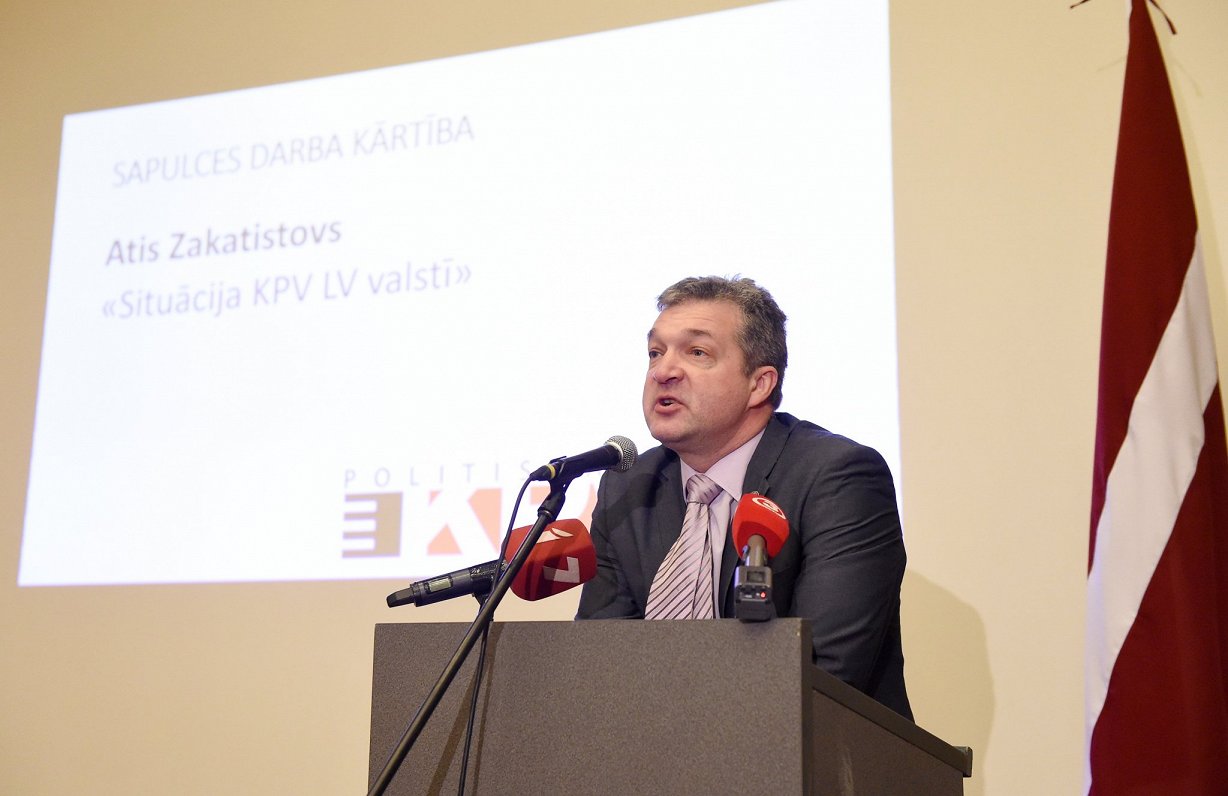Zakatistovs said that the negotiations on tax reform were “like the perfect storm” and we don't know how they will end right now.
He said that one of the possibilities of obtaining additional funds for budget spending is to reallocate the proportion of the personal income tax (IIT) between the state and local governments. Currently, local governments get 80% of IIT, but by changing that ratio, more funds would be free either for medics or for employees of the education and interior affairs system, this is a matter of further discussion, Zakatistovs said.
The vice-president of the Latvian Chamber of Commerce and Industry, Elina Rītiņa, said that the Ministry of Finance wants additional money, and it would be more appropriate to reallocate the proportions of IIT.
She also said that the State Revenue Service's data show that social contributions, even from the minimum wage, are not paid by 269 000 out of 900 000 workers, and 180 000 of them are not self-employed or micro-enterprise employees at all, but those employed in the general tax regime. Introducing minimum social contributions would bring a lot of uncertainty over how exactly it would be controlled.
In turn, Zakatistovs said that the micro-enterprise tax regime should be transformed into a self-employed regime, and if a person does not want to pay higher social contributions, it will be his/her choice, unlike micro-enterprise workers who cannot choose more social security for themselves.
The Bank of Latvia economist Uldis Rutkaste said that, from an economic point of view, it would be best to shift the burden from labor to consumption, it would not reduce income, boost employment, boost the economy over the coming years, “it would be a targeted reform”.
Zakatistovs, on the other hand, said that the burden on consumption is essentially VAT growth, and "at this point, in a politically difficult situation, raising VAT is insanity, politically it cannot be done."
Rutkaste said that raising VAT would indeed create problems from a political point of view but not from an economic point of view.
The rise of VAT will lead to a slight inflation, but inflation is currently very low. People with fixed incomes and benefits will feel this, but as the economy grows, budget revenues will grow and compensate, so it is political and not an economic problem, said Rutkaste.





























